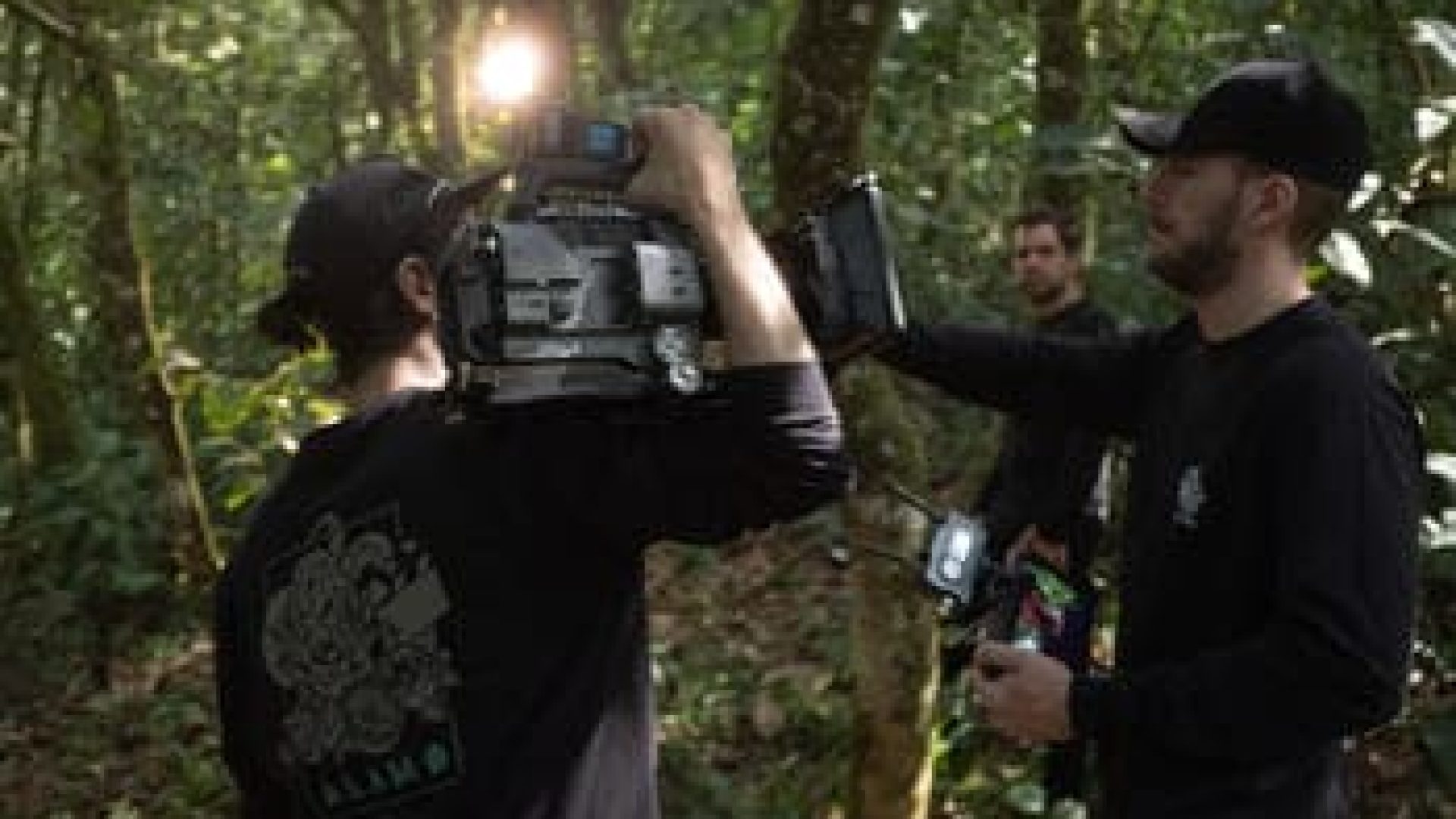In this article, we will delve into the film laws and regulations in Colombia, ensuring that both the country’s residents and foreigners are fully informed about the legal framework governing the cinematic sector.
Thanks to Colombia’s film laws and regulations, which aim to promote and attract international productions to the country’s diverse topography, our film industry has experienced significant growth in recent decades.
Film Laws and Regulations in Colombia.
Law 814 of 2003:
Commonly known as the Film Law, this legislation established the National Film Council (CNACC), an entity responsible for formulating policies, plans, programs, and strategies for the development of the film industry in Colombia.
The CNACC plays a crucial role in promoting and supporting film production in the country.
The Film Law also created the Cinematographic Development Fund (FDC). This fund is financed through a percentage of cinema ticket sales in Colombia, as well as contributions from television companies and subscription television operators.
The FDC is used to finance various aspects of film production, from script development to film distribution. This has provided financing opportunities for filmmakers and encouraged the creation of a robust catalog of domestic productions.
Law 1556 of 2012:
Also known as the Film Shootings Law, this legislation has attracted many foreign film producers to the country by offering fiscal incentives for productions choosing to film in Colombia.
Foreign producers can benefit from a 40% reimbursement of costs incurred in cinematographic services and a 20% reimbursement of costs for logistics services, provided that the expenditure in Colombia is at least $373,000 as of July 2023.
This measure has contributed to positioning Colombia as an attractive destination for international productions.
The Film Shootings Law also gave rise to the Colombian Film Commission, an entity responsible for facilitating foreign film shootings in the country.
This commission provides services such as location advice, paperwork assistance, and on-site support, with the aim of making the filming process in Colombia more efficient and appealing to foreign producers.
Censorship and Content Classification:
Regulated by Law 23 of 1982. According to this law, all films, regardless of their origin, must be classified by the Ministry of Culture before their distribution and exhibition in the country.
The classification system ranges from “All Public” to “Restricted,” depending on the content of the film.
It is important to highlight that Law 23 prohibits prior censorship of content, but authorities have the right to take legal actions afterward if the content of a film is deemed to violate the law.
Copyright and Intellectual Property:
Protected by Law 23 of 1982 and Decision 351 of the Cartagena Agreement.
These laws and regulations in the Colombian film industry ensure that creators of cinematic content in the country have full rights over their works and can protect themselves against piracy and unauthorized use of their work.
To protect and manage copyright in Colombia, there is the National Copyright Directorate, an entity attached to the Ministry of the Interior. This institution is responsible for registering cinematographic works, granting licenses, and promoting compliance with intellectual property laws in the country.
Additionally, Colombia is a signatory to several international treaties on intellectual property, such as the Berne Convention and the Agreement on Trade-Related Aspects of Intellectual Property Rights (TRIPS).
Support Institutions for the Film Industry in Colombia:
In addition to the film laws and regulations in Colombia, there are several institutions that support and foster the development of the film industry. One of them is Proimágenes Colombia, an entity dedicated to promoting Colombian cinema both nationally and internationally.
Proimágenes Colombia offers various forms of financing and support to Colombian filmmakers, including incentive programs for film production and participation in international festivals and markets.
Another prominent institution is the Colombian Institute of Educational Credit and Technical Studies Abroad (ICETEX), which provides scholarships and financial support to study film abroad. This gives Colombian filmmakers the opportunity to expand their knowledge and experiences on an international level.
Conclusion:
consider the services of Álamo Audiovisual, one of the country’s leading film production companies.
At Álamo Audiovisual, we understand the importance of having a dedicated team, cutting-edge technical resources, and a deep understanding of the local film environment.
We take pride in offering comprehensive services that span from pre-production to post-production, including directing, executive production, cinematography, production design, and much more.
We work closely with our clients to understand their goals and specific needs, providing personalized and creative solutions tailored to each project.
Moreover, our extensive network of contacts and partnerships allows us to access stunning locations, top-notch technical equipment, and exceptional artistic talent.
Whether you are planning a film, a documentary, a television series, or any other audiovisual project, we are ready to bring your ideas to life and turn them into high-quality cinematic works!



